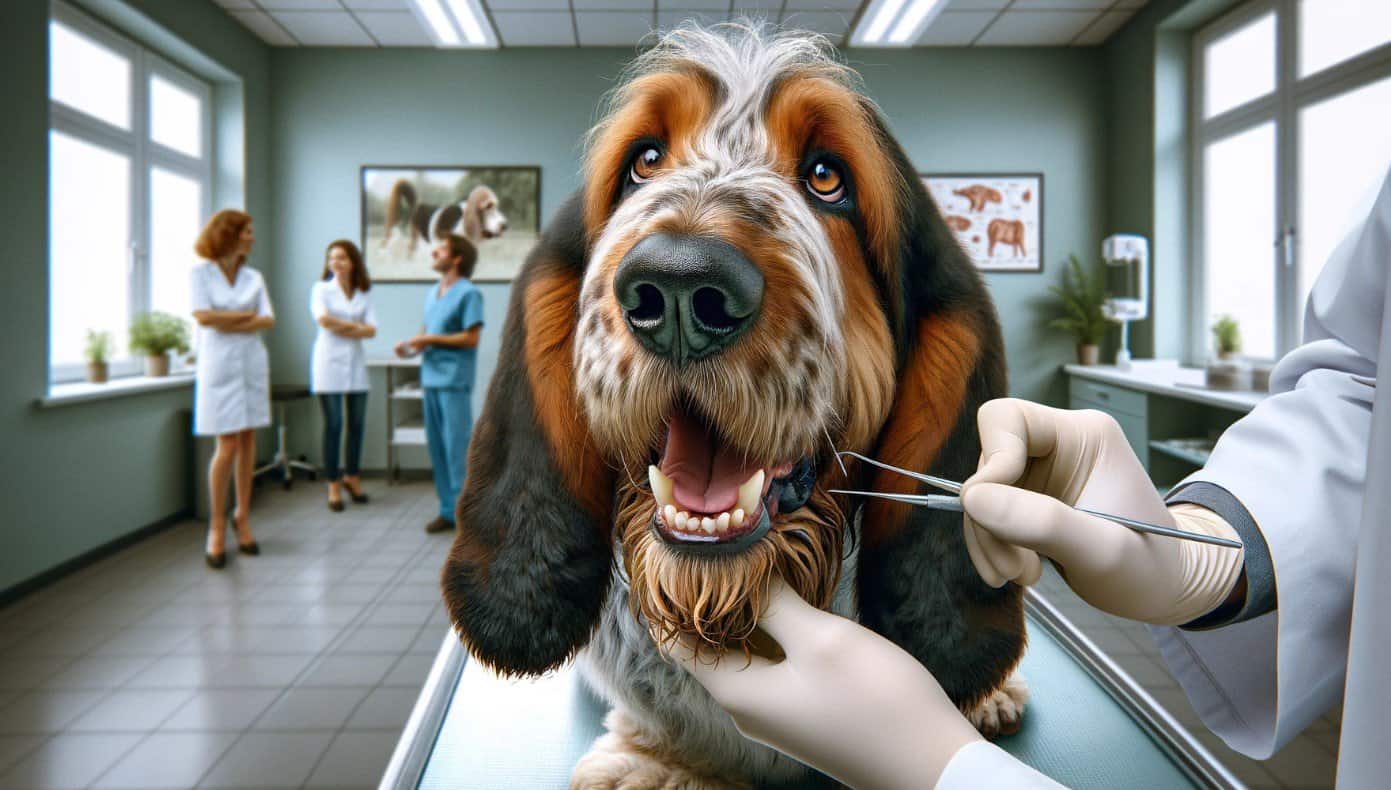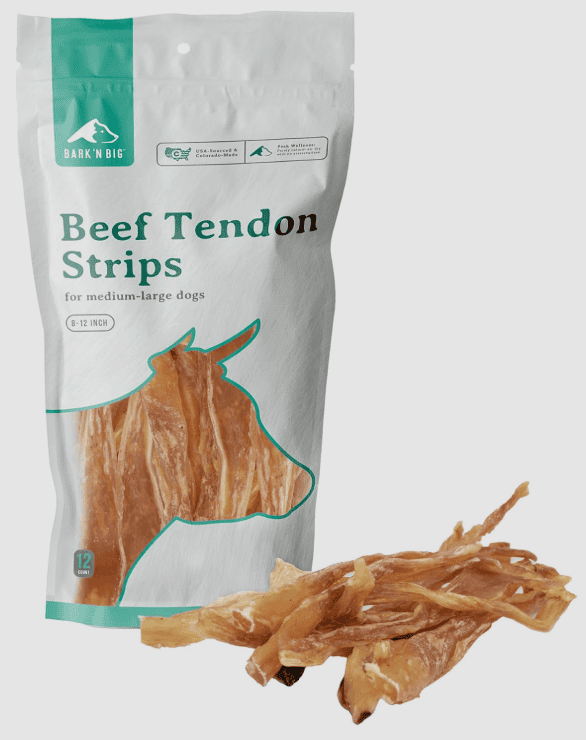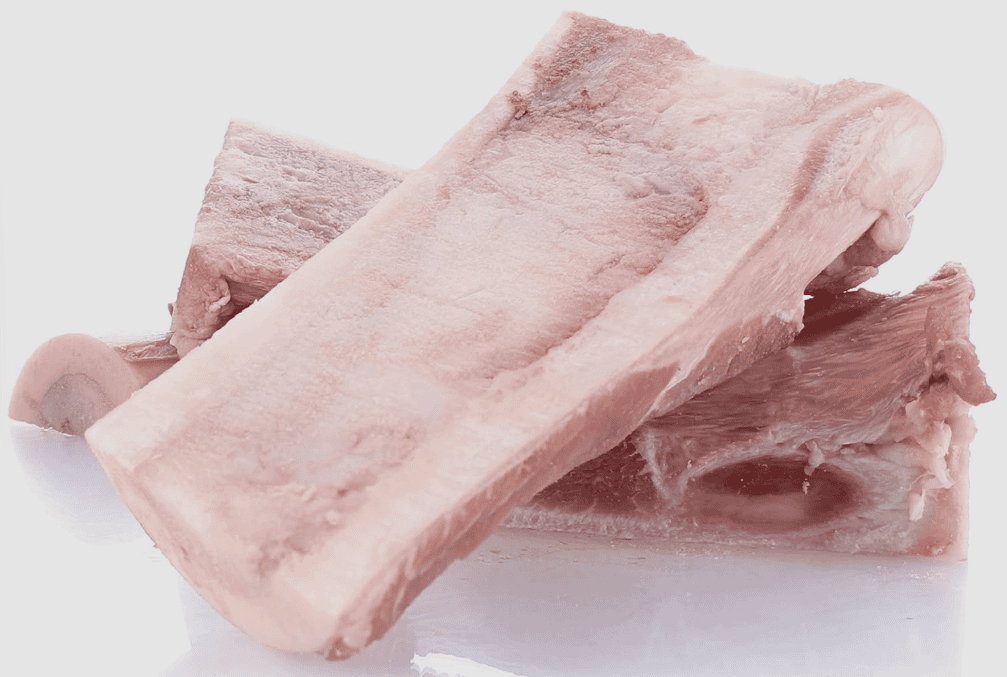Hi there, fellow dog lovers! I’m Dr. Candy, your friendly holistic veterinarian. Today, we’re going to talk about a very important topic that often gets overlooked – Basset Fauve de Bretagne Dental Health. As pet parents, we’re always concerned about our furry friends’ health and wellbeing. But did you know that dental health plays a crucial role in your Basset Fauve de Bretagne’s overall health?

That’s right, maintaining good oral hygiene isn’t just about preventing bad breath or keeping those pearly whites sparkling. Dental diseases can lead to serious health issues like heart disease and kidney problems. So, it’s essential to keep a close eye on your Basset Fauve de Bretagne’s oral health.
From recognizing the signs of dental disease to discussing common dental health issues specific to this breed, we’ll cover it all. We’ll also explore both conventional and holistic approaches to dental health care. So, let’s jump right in and learn how to keep those canine smiles healthy and bright!

Recognizing the Signs of Dental Disease in Basset Fauve de Bretagne
You may think that bad breath is just a normal part of dog ownership, but it could actually be a telltale sign of dental disease in your Basset Fauve de Bretagne. Dental health is not just about fresh breath; it’s about overall health. As a holistic veterinarian, I can’t stress enough the importance of dental care for your furry friend.
Basset Fauve de Bretagne dental health is a critical part of their overall well-being. Just like in humans, dental disease in dogs can lead to a host of other health problems, from heart disease to diabetes. Therefore, it’s crucial to be vigilant for signs of dental disease in your Basset Fauve de Bretagne.
One of the first signs of dental disease is bad breath. While a certain level of doggy breath is expected, an unusually foul odor can indicate a problem. This can be a sign of periodontal disease, a serious condition that affects the gums and bones supporting the teeth.
Another common sign is a change in eating or chewing habits. If your Basset Fauve de Bretagne is suddenly reluctant to eat, or favors one side of their mouth while chewing, it might be experiencing dental pain.
Increased drooling or a sudden loss of appetite can also indicate an oral health issue. You might also notice a change in your dog’s demeanor, such as becoming more irritable or lethargic, which can often be a sign of discomfort.
Physical changes in your dog’s mouth can also point to dental disease. Look for red, swollen, or bleeding gums, yellow or brown tartar buildup on the teeth, or loose or missing teeth. In more advanced cases, you might see pus or feel a hard lump in or around the mouth.
Remember, your Basset Fauve de Bretagne can’t tell you when it’s in pain, so it’s up to you to be proactive about its dental health. Being aware of the signs of dental disease is the first step towards ensuring your dog’s mouth stays healthy and pain-free.
Common Dental Health Issues In Basset Fauve de Bretagne
As a veterinarian, I’ve come across several Basset Fauve de Bretagne dental health issues. This breed, like others, is prone to certain oral health problems that dog parents should be aware of. Understanding these issues can help you take preventive measures early on.
- Periodontal Disease: This is the most common dental issue in Basset Fauve de Bretagne. It’s an infection of the tissues surrounding the teeth caused by plaque build-up. Symptoms include bad breath, loose teeth, and bleeding gums.
- Gingivitis: This is inflammation of the gums, often a precursor to periodontal disease. Regular brushing can help prevent this issue.
- Tooth Decay: Basset Fauve de Bretagne are prone to tooth decay due to their love for sweet treats. Limiting their intake of sugary foods can help prevent this.
- Broken Teeth: These dogs love to chew, which can sometimes lead to broken teeth. Providing safe chew toys can help prevent this problem.
- Oral Tumors: These are less common but can occur in older dogs. Regular dental check-ups can help detect these early.
Remember, Basset Fauve de Bretagne dental health is crucial for their overall well-being. Regular brushing, a healthy diet, and routine vet check-ups can help maintain their oral health. As a dog parent, you play a vital role in ensuring your furry friend’s teeth stay healthy and strong.

When discussing Basset Fauve de Bretagne Dental Health, it’s important to acknowledge the conventional dental health treatments available. These treatments play a crucial role in maintaining your pet’s oral health, despite potential individual health obstacles.
Anesthetic Dental Cleanings
One of the most common treatments is anesthetic dental cleanings. This procedure involves putting your Basset Fauve de Bretagne under general anesthesia to thoroughly clean their teeth and gums. It’s a safe and effective way to remove tartar and plaque build-up that could lead to serious dental issues if left untreated. However, the procedure is not without its risks and should be performed by a professional veterinarian.
During an anesthetic dental cleaning, your dog’s teeth will be scaled to remove plaque and tartar, and then polished to smooth out any rough spots that could attract bacteria. The vet may also take X-rays to check for any hidden dental issues below the gumline. This procedure can significantly improve your Basset Fauve de Bretagne’s oral health and prevent the onset of dental disease.
Potential Individual Health Obstacles
While dental cleanings are generally safe, it’s important to consider your Basset Fauve de Bretagne’s individual health obstacles. For instance, dogs with heart problems, drug sensitivities, or a history of seizures may be at a higher risk during anesthesia. Additionally, extreme age can also pose a risk.
Before opting for an anesthetic dental cleaning, it’s crucial to discuss your dog’s overall health with your vet. They can help you weigh the benefits and risks, and make an informed decision about the best course of treatment for your Basset Fauve de Bretagne.
In conclusion, conventional dental health treatments like anesthetic dental cleanings can play a crucial role in maintaining your Basset Fauve de Bretagne’s oral health. However, it’s important to consider your dog’s individual health and consult with a professional to ensure the best course of action.
Dr. Candy’s Holistic Approach To Oral & Dental Health
As a dog parent, you’re probably aware of the importance of oral health for your Basset Fauve de Bretagne. But did you know that there’s a holistic approach to dental health that goes beyond regular brushing and dental cleanings? Let’s dive into this approach, pioneered by Dr. Candy.
Diet: Low Carbs, Avoid Added Sugars, Enzymes In Fresh Food
Dr. Candy emphasizes the importance of diet in maintaining your Basset Fauve de Bretagne’s dental health. A diet low in carbohydrates is essential to prevent the growth of harmful bacteria in your dog’s mouth. These bacteria thrive on sugars, which are abundant in high-carb diets.
Avoid added sugars in your dog’s diet. Many commercial dog foods and treats contain added sugars, which can lead to dental problems. Instead, opt for natural, sugar-free options.
Furthermore, include fresh foods in your dog’s diet. Fresh foods contain natural enzymes that help clean your dog’s teeth and gums, reducing plaque and tartar build-up. Foods like raw carrots, apples, and celery are great choices. They act as natural toothbrushes, scrubbing your dog’s teeth as they chew.
Oral Health Specific Probiotics
Probiotics are beneficial bacteria that promote health. While probiotics are commonly known for their role in gut health, they can also play a crucial role in oral health. Dr. Candy recommends using oral health specific probiotics, like Probiora for Dogs.
Probiora for Dogs is a probiotic specifically designed to support oral health. It contains beneficial bacteria that compete with harmful bacteria in the mouth, helping to maintain a balanced oral microbiome. This can help prevent dental disease and bad breath in your Basset Fauve de Bretagne.
Using Probiora for Dogs is simple. You just sprinkle the tasteless powder on your dog’s food once a day. Your dog won’t even know it’s there, but you’ll notice the difference in their breath and oral health!
Remember, maintaining your Basset Fauve de Bretagne’s dental health is a holistic process. It involves regular dental cleanings, a healthy diet, and the use of oral health specific probiotics. With these strategies, you can help ensure your dog’s mouth stays healthy and their breath stays fresh!

Recommended Dental Chews & Products For Basset Fauve de Bretagne
When it comes to caring for your Basset Fauve de Bretagne’s dental health, you might be tempted to reach for those commercially promoted dental chews. However, it’s crucial to understand that these are not always the best choice. Many of these products are laden with artificial ingredients and added sugars, which can actually exacerbate dental issues rather than alleviate them. Not to mention, their efficacy in actually cleaning your dog’s teeth is often over-exaggerated.
Furthermore, many dog parents resort to using drinking water additives in an attempt to improve their pet’s oral health. While it may seem like a quick fix, these additives can harm the beneficial bacteria in your dog’s gut, disrupting their overall health. Remember, your dog’s gut health plays a vital role in maintaining their overall wellbeing, including their Basset Fauve de Bretagne dental health.
Dr. Candy’s Recommended Dental Chews and Products
Tendons
Tendons are a fantastic natural chew for your Basset Fauve de Bretagne. They are tough and fibrous, which helps to scrape off plaque and tartar from your dog’s teeth. Plus, they are a good source of protein and collagen, promoting good joint health.

Raw Marrow Bones
Raw marrow bones are another excellent choice for maintaining your Basset Fauve de Bretagne’s dental health. They are a natural source of calcium and phosphorus, which are essential for healthy teeth and bones. Furthermore, the act of gnawing on bones can help to clean your dog’s teeth and gums.

Bully Sticks
Bully sticks are made from 100% beef muscle, providing a natural and digestible chew for your Basset Fauve de Bretagne. They can effectively remove plaque and tartar and are a good source of protein. However, always supervise your dog while they’re chewing on a bully stick to prevent any choking hazard.

By incorporating these natural chews into your dog’s dental care routine, you’re not only helping to maintain their oral health but also offering them a nutritious treat. Remember, your dog’s dental health is just as important as their overall health. By making wise choices and providing the right dental chews and products, you’re taking a big step towards ensuring your Basset Fauve de Bretagne’s dental health is in top shape.
Frequently Asked Questions
- Q: What causes bad breath in Basset Fauve de Bretagnes?
A: Bad breath in Basset Fauve de Bretagnes can be caused by various factors such as poor dental hygiene, gum disease, tartar buildup, or underlying health issues. It is important to identify the root cause to effectively address the problem.
- Q: How can I improve my Basset Fauve de Bretagne’s dental health?
A: Regular brushing of your Basset Fauve de Bretagne’s teeth using a dog-specific toothbrush and toothpaste is crucial. Additionally, providing dental chews, toys, or treats designed to promote dental health can help reduce plaque and tartar buildup.
- Q: Are there any specific dental products recommended for Basset Fauve de Bretagnes?
A: There are various dental products available for dogs, including Basset Fauve de Bretagnes. Look for toothbrushes and toothpaste specifically formulated for dogs, as human toothpaste can be harmful to them. Dental rinses, water additives, and dental gels may also be beneficial.
- Q: How often should I take my Basset Fauve de Bretagne for professional dental cleanings?
A: Professional dental cleanings should be done by a veterinarian at least once a year. However, the frequency may vary depending on your dog’s individual dental health needs. Regular dental check-ups can help determine the appropriate cleaning schedule.
- Q: Can certain foods help improve my Basset Fauve de Bretagne’s breath?
A: Feeding your Basset Fauve de Bretagne a balanced diet that includes high-quality dog food can contribute to better overall dental health and fresher breath. Avoid feeding them table scraps or sugary foods, as these can worsen dental issues and bad breath.
